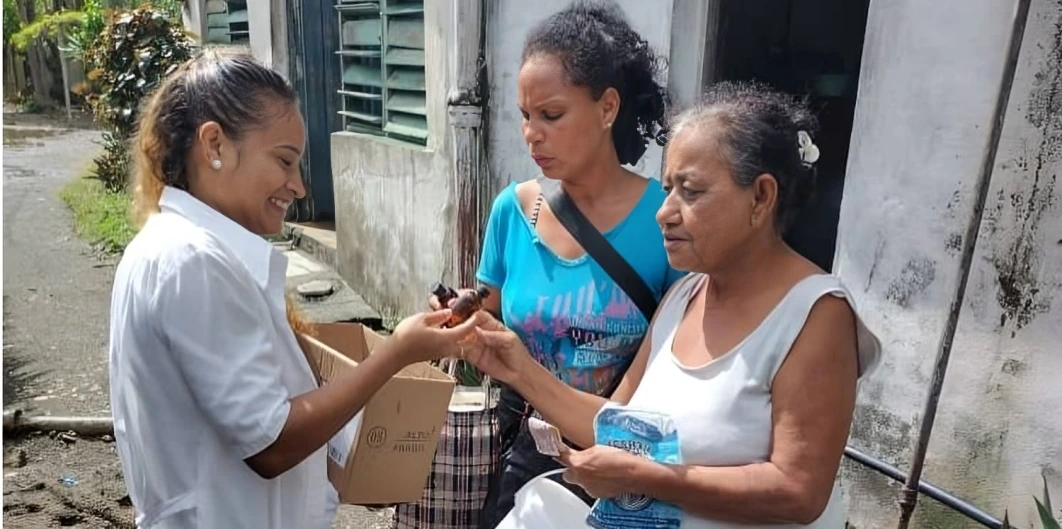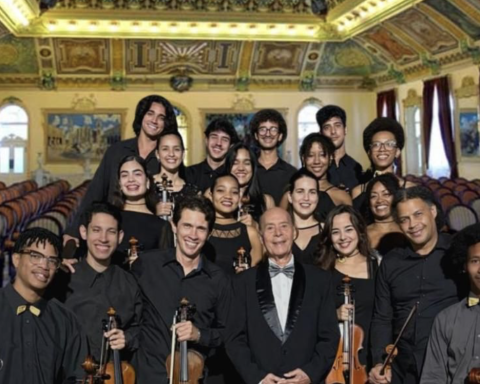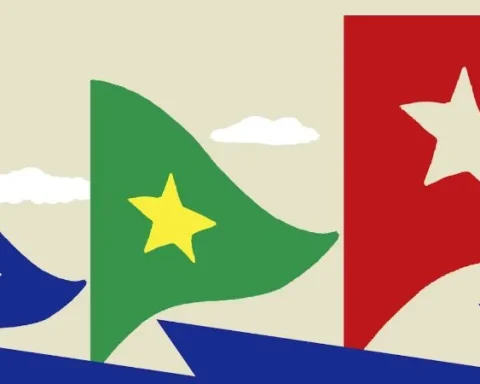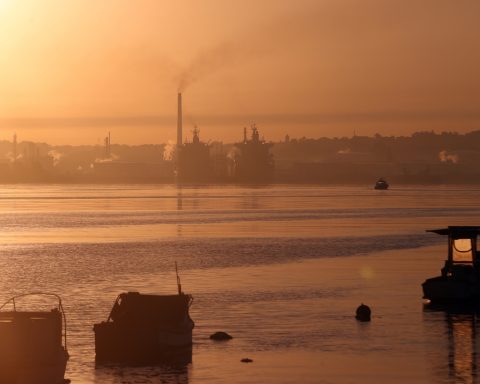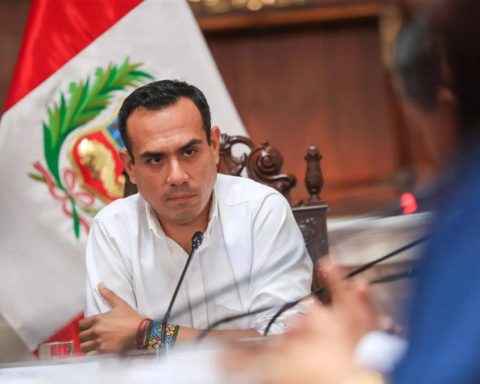SLP, Mexico.- Cuban civil society organizations, within the framework of the commemoration of the International Day for the Elimination of Violence against Women, developed a dialogue table in which they expressed their concern about the situation of women in Cuba , regarding the last review of the Cuban State in the Committee for the Elimination of Discrimination against Women (CEDAW).
The writer, journalist and activist María Matienzo considered that the assessment of the periodic report on Cuba was a “victory” that, although it does not materialize, shows that the regime is “losing ground.”
The feminists They agreed that the regime does not protect women in Cuba and has not established public policies to achieve gender equality, an action that reduces its credibility before international organizations.
Laritza Diversent, executive director of Cubalex, highlighted that the Government, since 1983, has been progressively delaying the submission of reports to CEDAW. This year’s, the ninth, was delivered five years and three months later.
These delays represent a lack of commitment Political conflict with gender equality, in turn, hinders the implementation of CEDAW recommendations, perpetuating problems such as gender violence or gaps in access to justice.
As Diversent emphasized, in the 10 years between the 2013 report and 2024, CEDAW recognized some “advances,” which are minimal in a decade.
In this regard, he expressed that implementation problems persist and an almost complete absence of shelters for women victims of violence gender. Regarding political participation, he alluded to the fact that CEDAW saw as progress that in 2013 in Cuba women represented 48.9% in Parliament and currently they are 55.7%.
However, women are overrepresented in key decision-making; in the political bureau of the Communist Party, only three of 17 members are women and only five of the 25 ministries are led by women.
This 2024, “new concerns” appear, argued the director of Cubalex. These include retaliation against human rights defenders; attacks and legal restrictions on independent organizations; the lack of a gender perspective in environmental policies and educational and economic inequality in terms of internet access in rural areas.
“Civil society in this case should monitor both the progress and the challenges to guarantee the international commitments that the State has assumed so that these translate into real changes. “This monitoring would allow us to identify gaps in the implementation of these new legal norms that have been adopted, promote the accountability of the State and allow us to develop strategies to address new problems that arise during development,” he stated.
Participants from Cuban civil society organizations noted that systematic discrimination against Afro-descendant, rural women and the LGBTIQ+ community continues to be a worrying issue.
However, although slow, they recognize a small achievement since the recurring delay and lack of compliance with obligations affects the credibility of the State.
“The report is quite comprehensive and shows the impact that we actually managed to do by putting a series of issues on the evaluation agenda of the Cuban State, of a series of violations of rights that it continues to commit and in that sense that CEDAW as a committee It requires you to be able to comply,” they noted.
For the review of the ninth report presented by the regime, dozens of civil society organizations sent their own reports and served as support and information for the observations that CEDAW subsequently made.
The Committee pointed out to the regime the absence in Cuban legislation of a “complete definition of discrimination against women” that covers direct and indirect discrimination in all spheres, both public and private.
He also recommended Cuba adopt legislation that explicitly addresses these forms of discrimination in accordance with articles 1 and 2 of the Convention on the Elimination of All Forms of Discrimination against Women.
Access to justice was another critical concern, with the Committee identifying specific barriers for women in rural areas and with disabilities. “Access to courts is limited for these women due to the shortage of courts in remote areas and the lack of accessibility for people with disabilities,” the Committee stated, adding that these obstacles are compounded by legal, transportation and the lack of information about available resources.
